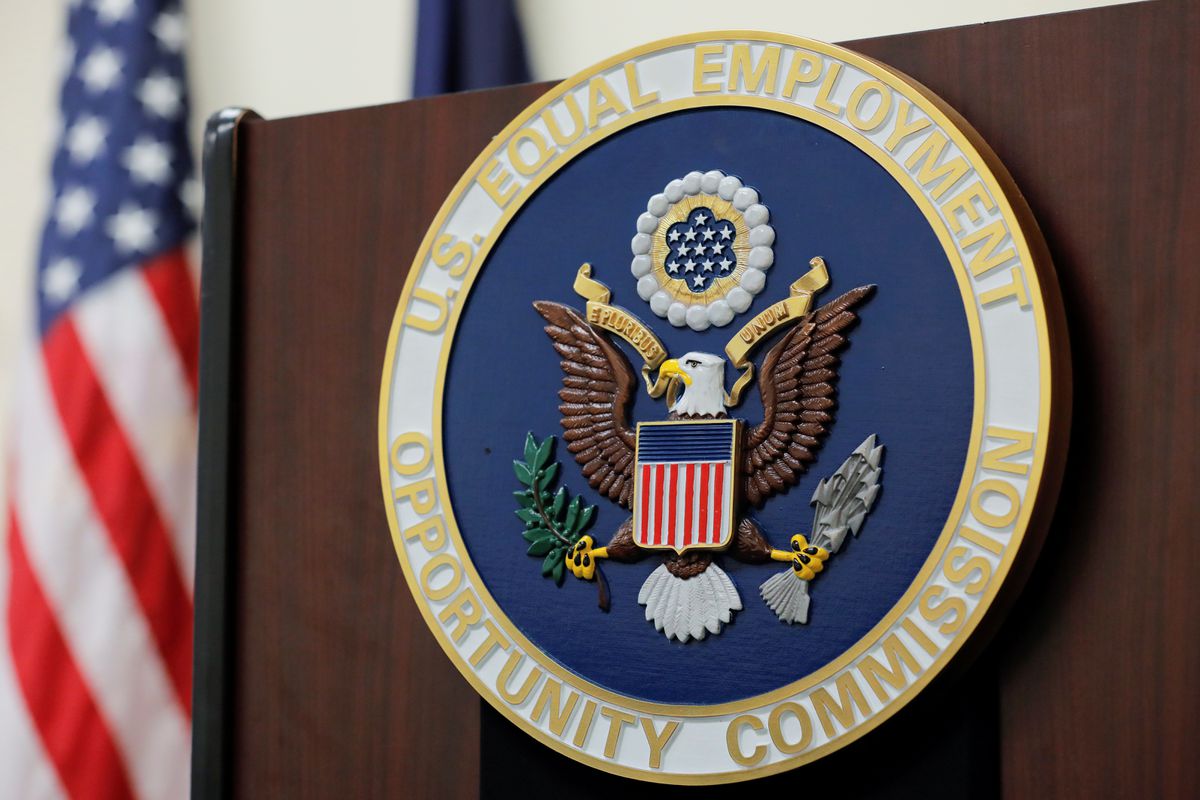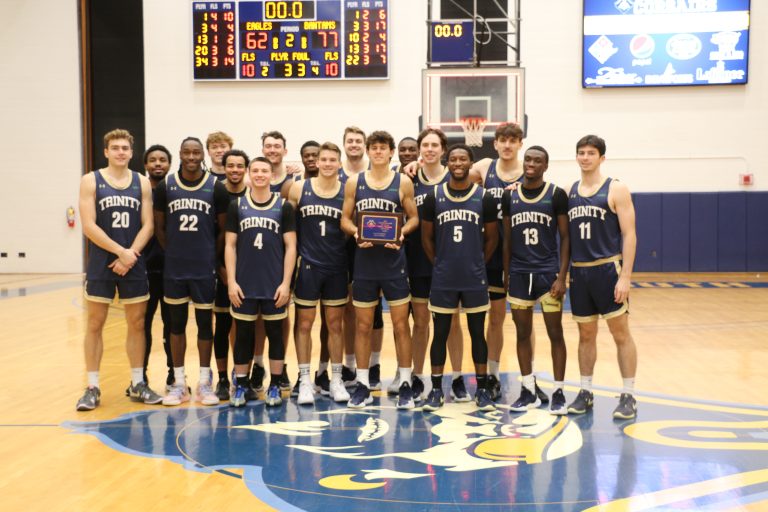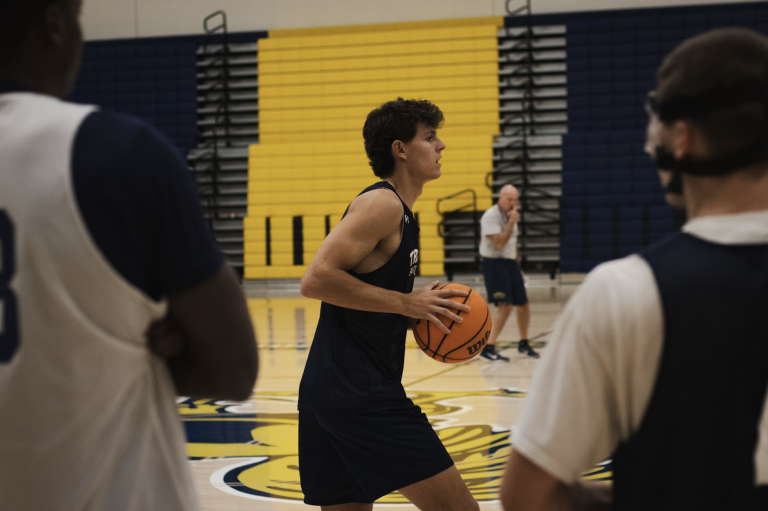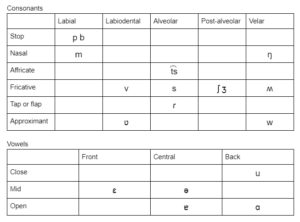Blythe Hastings ’23
Sports Editor
A new government entity is entering the growing movement to have athletes deemed as employees. The U.S. Equal Employment Opportunity Commission (EEOC) could soon begin aggressive investigation into whether unpaid college athletes are being discriminated against because they are not fairly compensated. The EEOC was recently referred to an employment and civil rights complaint filed by the National College Players Association (NCPA) to the Department of Education in March. The complaint asserts that all 350 NCAA Division I schools are violating Black students’ civil rights by colluding to cap compensation. The NCAA limits what schools can offer athletes in terms of scholarship money and largely prohibits any direct pay to players. The athlete-employment debate has gained momentum over the past several years as revenue growth within the college sports industry continues to expand in varying ways, mostly because of men’s basketball and football. In a letter sent to NCAA schools last week, Anamaria Loya, the Department of Education Office of Civil Rights chief attorney, said the complaint did not fall under the department’s jurisdiction and was referred to the EEOC’s San Francisco district office. Sports Illustrated obtained a copy of a letter through an open records request. “The EEOC receives up to 100,000 employment complaints a year and prosecutes about 500 of those,” says LeRoy. The procedure starts with an investigation, which will invariably lead to an EEOC request for information from schools and athletes. Many within college sports believe employment status is coming at some point for college athletes. The EEOC represents one of four possible routes for that to happen. The NLRB is also an option. In Pennsylvania, a court case, Johnson vs. NCAA, is working its way through the system; it would make athletes employees. The fourth route to athlete employment status is Congress. Several bills could lay a legal path for schools to provide athletes collective bargaining rights and even revenue sharing provisions. Deeming college athletes as employees would have wide-ranging impacts on the athletes and their universities. Athletes would be introduced to federal taxation and may be at risk of termination by their new employer, the school. Schools could lose their Section 501(c)(3) designation, which impacts taxation on bond financing and charitable gifts. Experts say student fees and public support might disappear as well. The NCPA’s nine-page complaint outlines the millions of dollars basketball and football players are missing out on because of, what it calls, “unjust compensation limits.” The complaint gives estimates of the percent of compensation of total revenue that each major sport’s athlete receives—29.9% for women’s basketball, 8.9% for men’s basketball and 8.1% for football. Women’s basketball players are each being denied $24,000 a year, men’s players $164,000, and football players $185,000, the complaint says. The debate will continue as the market for college athletes becomes more competitive with each new incoming class.







+ There are no comments
Add yours